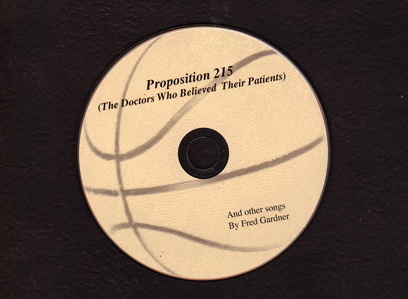Design, Setting, and Participants We conducted a register-based study of an ongoing population-based cohort, the Québec Pregnancy/Children Cohort, which includes data on all pregnancies and children in Québec from January 1, 1998, to December 31, 2009. A total of 145 456 singleton full-term infants born alive and whose mothers were covered by the Régie de l’assurance maladie du Québec drug plan for at least 12 months before and during pregnancy were included. Data analysis was conducted from October 1, 2014, to June 30, 2015.
Results During 904 035.50 person-years of follow-up, 1054 children (0.7%) were diagnosed with ASD; boys with ASD outnumbered girls by a ratio of about 4:1. The mean (SD) age of children at the end of follow-up was 6.24 (3.19) years. Adjusting for potential confounders, use of antidepressants during the second and/or third trimester was associated with the risk of ASD (31 exposed infants; adjusted hazard ratio, 1.87; 95% CI, 1.15-3.04). Use of selective serotonin reuptake inhibitors during the second and/or third trimester was significantly associated with an increased risk of ASD (22 exposed infants; adjusted hazard ratio, 2.17; 95% CI, 1.20-3.93). The risk was persistent even after taking into account maternal history of depression (29 exposed infants; adjusted hazard ratio, 1.75; 95% CI, 1.03-2.97).
Conclusions and Relevance Use of antidepressants, specifically selective serotonin reuptake inhibitors, during the second and/or third trimester increases the risk of ASD in children, even after considering maternal depression. Further research is needed to specifically assess the risk of ASD associated with antidepressant types and dosages during pregnancy.
In other words, use of Prozac et al more than doubles the risk of autism (and more than quadruples it when the fetus is male)… The JAMA piece was sent in by John Lovejoy, DO, with the comment “Maybe there’s something natural we could recommend instead?”





